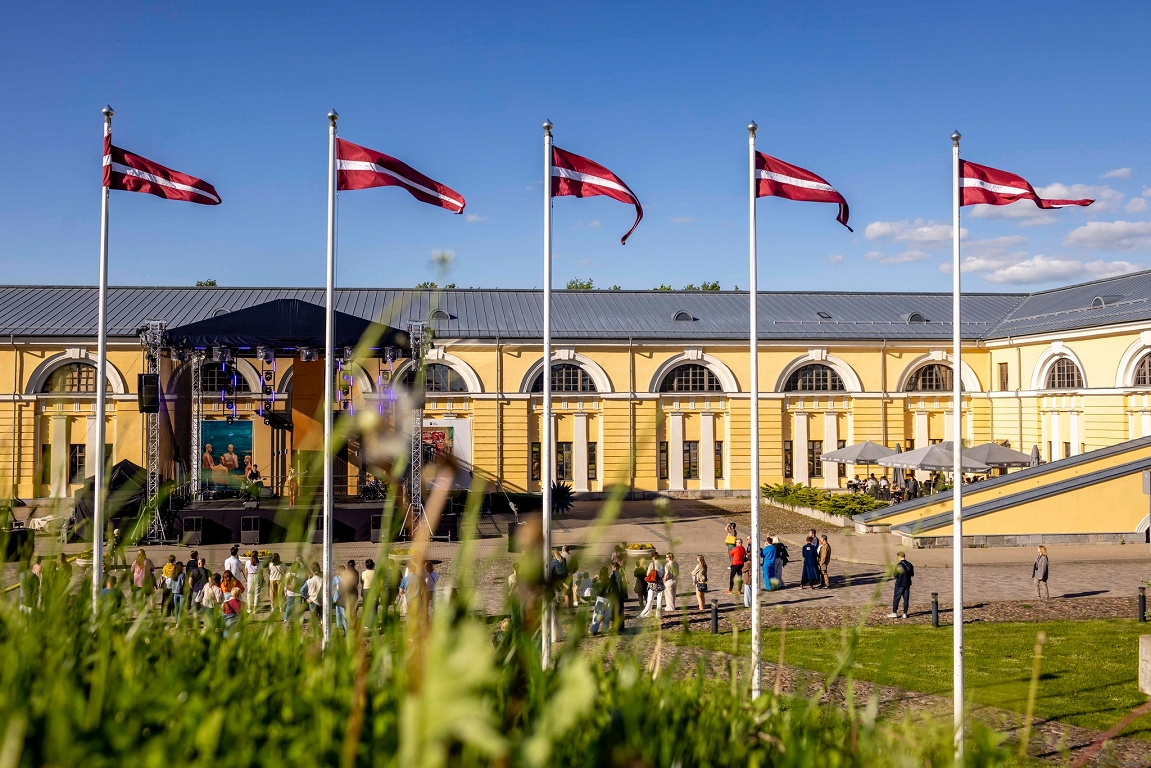The Central Bank investigated the inflationary expectations of the population in conditions of rapid growth in income

The Bank of Russia presented the results of its traditional longitudinal survey (89% of respondents were interviewed the previous time in 2022) of consumer finances. The most important part for the regulator concerns the formation of inflation expectations. The noticeable rapid growth of the monetary well -being of the population in all profitable groups increased excitement purchases, which prevents the regulator from anchoring the inflationary expectations of the population.
This time, the focus of polls is shifted from people and households in large cities to residents of secondary and small cities and settlements and citizens with secondary vocational education – what is happening in this environment in the context of a shortage of personnel and the growth of mass categories of citizens are especially interesting for economists. Polls were conducted in March -October 2024 in 38 settlements among more than 6 thousand households and 12 thousand citizens with an average income of 33.8 thousand rubles. and median in 27.9 thousand rubles. From 2022 to 2024, the median of real income grew high at all profitable groups and in most households, the most secure part of the sample was most of all: in the fifth part of the farms, real incomes over two years increased more than one and a half times (see schedule).
In 2024, optimism in the self -esteem of the financial situation turned out to be approximately at the level of 2013, which is higher than in other rounds of the study, which increased their “confidence in the stability of their financial situation in the future,” the Central Bank noted.
Median expenses also grew in all profitable groups, lagging behind the income, but related to them (the faster the income increased, the faster and expenses, the regulator describes the tendency of the population to spend). “Respondents can be excessively extrapolating future changes in income from the experience of 2022–2024, which can lead to errors in decisions on expenses, savings and loans,” the Central Bank warned. “Salaries have grown, and they will remain at the same level that is reached, in the future,” said, presenting the results of the study, deputy chairman of the Central Bank Alexei Zabotkin. According to him, the regulator is concerned, « so that people do not expect salaries to continue to grow at the same pace. »
The share of households with savings increased over two years, especially in banks, especially among households with an average income and groups where income grew quickly. The number of households with debts has not changed significantly. Nominally, the median amount of financial obligations grew primarily due to purchases of real estate, while the share of households that applied for new loans decreased.
The Central Bank records that for people relatively financially competent, preferring to save, not spend, and confident in the prospects of their financial situation are characterized by lower inflation expectations. Of the macro indicators, the most important thing in their formation is the growth of the money supply.
The examination also showed that people without savings and inclined to spend tend to overstate inflation expectations.
“Those who preferred to spend money made their choice mainly under the influence of high inflation factors. They noted low confidence in the future and the fact that, in their opinion, the bets on deposits in the near future would be low, ”explained Alexei Zabotkin. “It is not surprising that during the periods of one -time prices we observe the excitement demand in the market of consumer goods and services. Such a strategy complicates the stabilization of inflation after one-time price shocks and justifies a more stringent reaction from monetary policy ”, preventing the Central Bank of the Central Bank of High inflationary expectations (12.9%), the economist noted.






/s3/static.nrc.nl/wp-content/uploads/2025/06/07043854/ANP-426099410.jpg)
